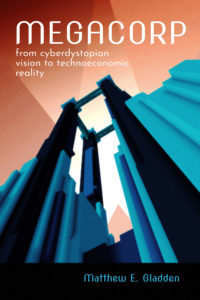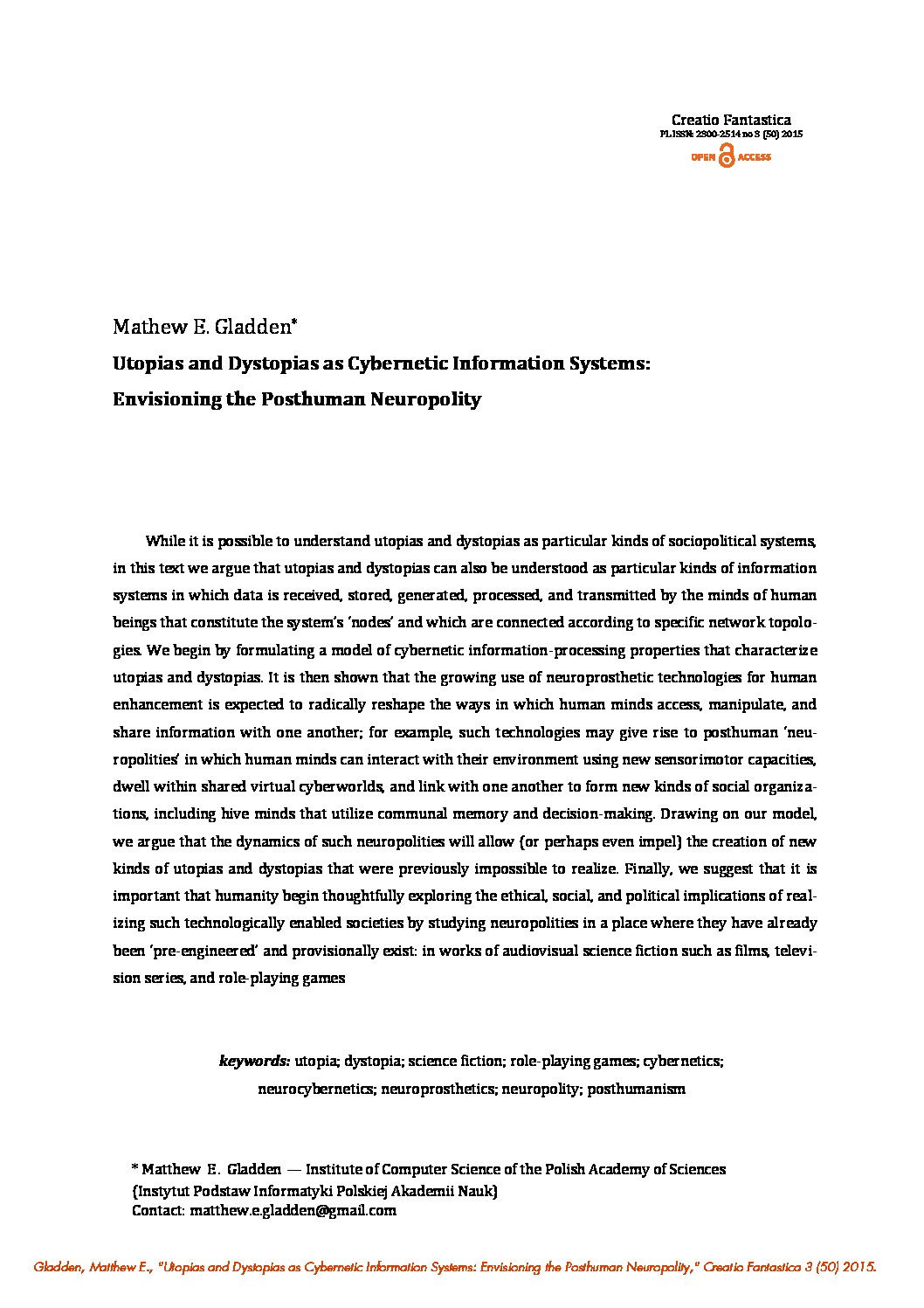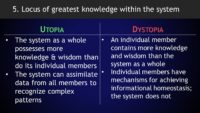
50 Shades of Popular Culture International Conference • Facta Ficta Research Centre, Kraków • February 19, 2016
ABSTRACT: Here we argue that five emerging social and technological trends are creating new possibilities for the instrumentalization (or even “weaponization”) of popular culture for commercial, ideological, political, or military ends and for the development of a posthuman popular culture that is no longer solely produced by or for “humanity” as presently understood. These five trends are the: 1) decentralization of the sources of popular culture, as reflected in the ability of ordinary users to create and upload content that “goes viral” within popular culture, as well as the use of “astroturfing” and paid “troll armies” by corporate or state actors to create the appearance of broad-based grassroots support for particular products, services, actions, or ideologies; 2) centralization of the mechanisms for accessing popular culture, as seen in the role of instruments like Google’s search engine, YouTube, Facebook, Instagram, and Wikipedia in concentrating the distribution channels for cultural products, as well as efforts by state actors to censor social media content perceived as threatening or disruptive; 3) personalization of popular culture, as manifested in the growth of cultural products like computer games that dynamically reconfigure themselves in response to a player’s behavior, thereby creating a different product for each individual that is adapted to a user’s unique experiences, desires, and psychological characteristics; 4) automatization of the creation of products of popular culture, as seen in the automated high-speed generation of webpages, artwork, music, memes, and computer game content by AI systems that could potentially allow venues of popular culture (such as the Internet) to be flooded with content designed to influence a social group in particular ways; and 5) virtualization of the technological systems and mechanisms for creating, transmitting, and experiencing the products of popular culture, as witnessed in the development of all-purpose nodes (such as smartphones) that are capable of handling a full range of cultural products in the form of still images, video, audio, text, and interactive experiences, and the growing digitalization of cultural products that allows them to be more easily manipulated and injected into the popular culture of other states or social groups, bypassing physical and political barriers.
While these trends are expected to yield a broad range of positive and negative impacts, we focus on a particular subset of these impacts. Namely, we argue that the convergence of these five trends opens the door for the creation of popular culture that: 1) does not exist in any permanent, tangible physical artifacts but only as a collection of continuously transforming digital data that that is stored on the servers of a few powerful corporate or state actors and is subject to manipulation or degradation as a result of computer viruses, hacking, power outages, or other factors; 2) can be purposefully and effectively engineered using techniques commonly employed within IT management, electronics engineering, marketing, and other disciplines; 3) can become a new kind of weapon and battleground in struggles for military, political, ideological, and commercial superiority on the part of corporate, state, and other actors.
In order to stimulate thinking about ways in which these trends might develop, we conclude by considering two fictional near-future worlds – those depicted in Ghost in the Shell: Stand Alone Complex and Transhuman Space: Toxic Memes – in which the further evolution of these five trends is shown as leading to the neurocybernetically facilitated manipulation of popular culture, “memetic warfare,” and related phenomena. We suggest that these fictional works represent examples of self-reflexive futurology: i.e., elements of contemporary popular culture that attempt to anticipate and explore the ways in which future popular culture could be purposefully engineered, instrumentalized, and even weaponized in the service of a diverse array of ends.
Read more









